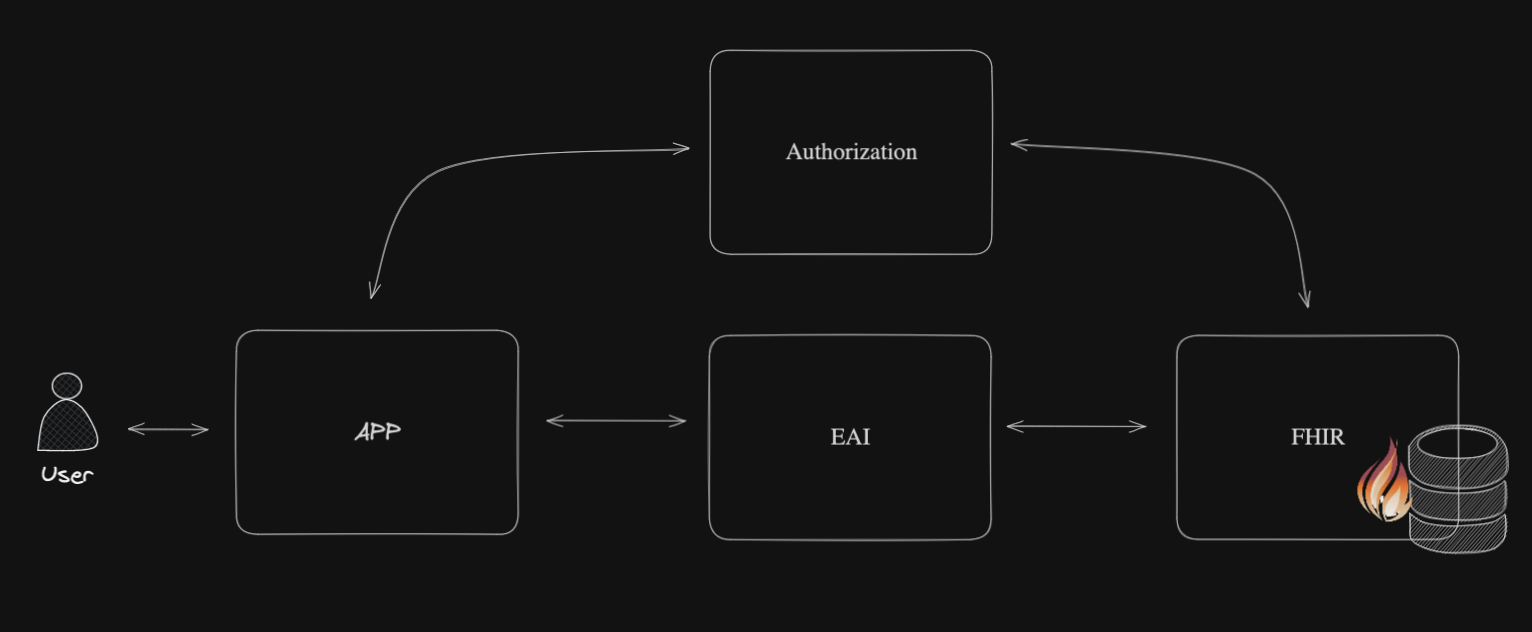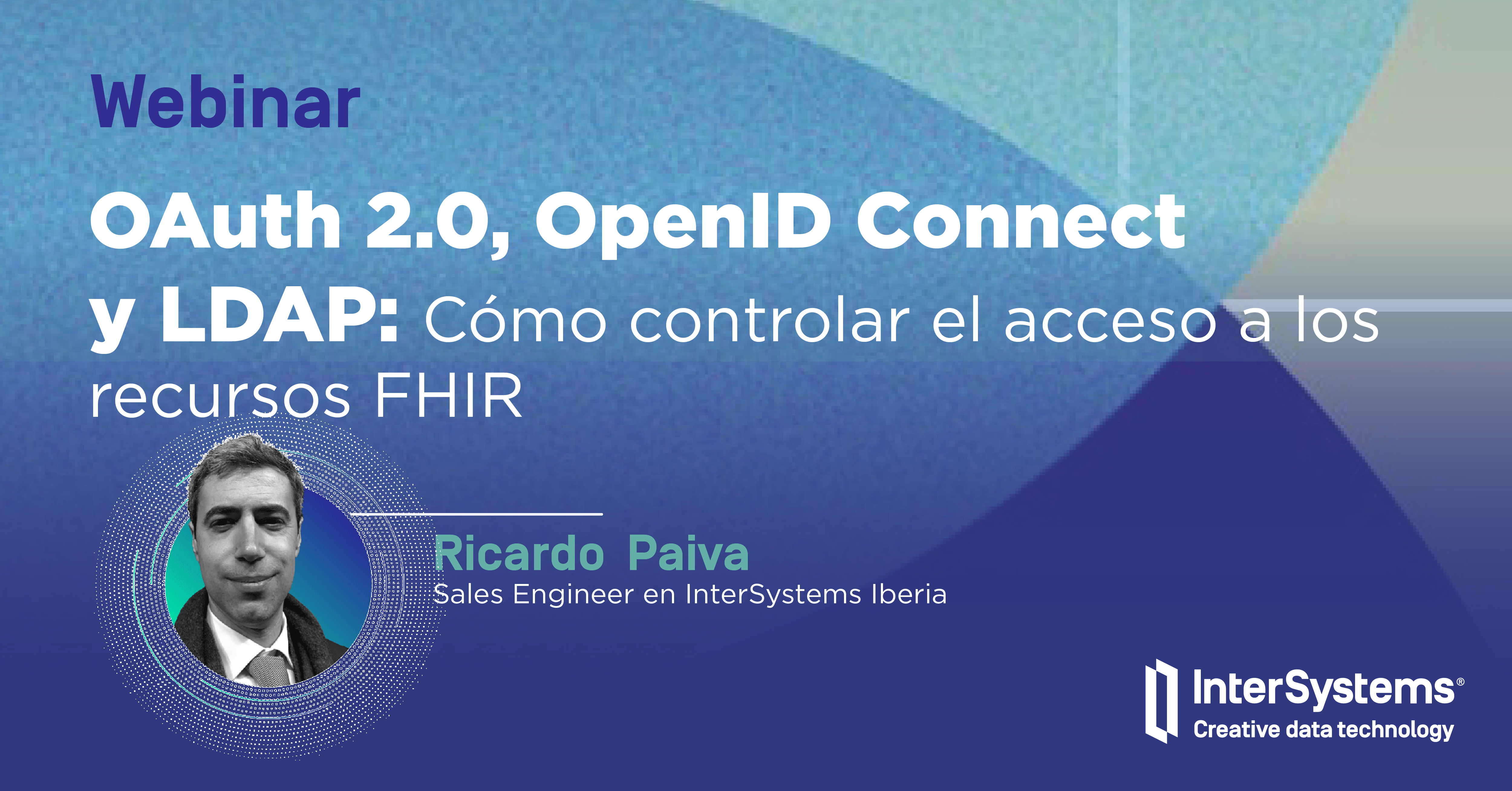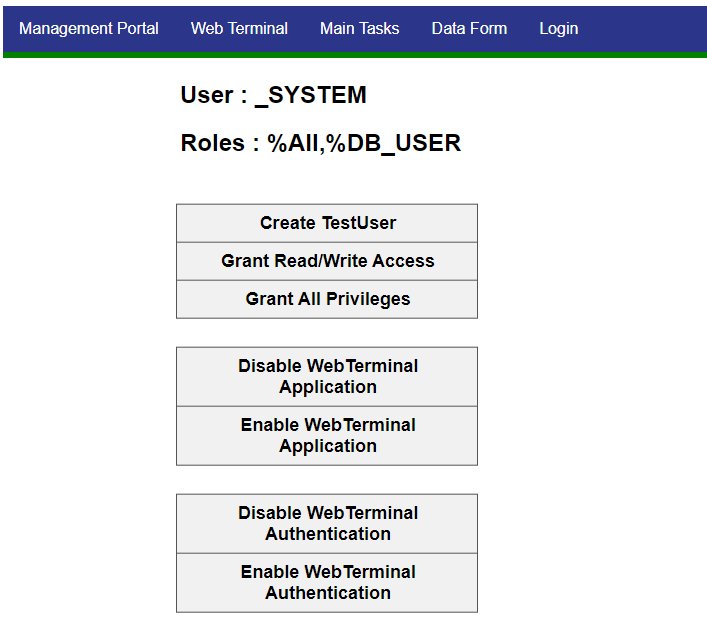I need to create a JWT to connect to EPIC FHIRserver sandbox.
https://fhir.epic.com/Documentation?docId=oauth2§ion=BackendOAuth2Guide
You will generate a one-time use JSON Web Token (JWT) to authenticate your app to the authorization server and obtain an access token that can be used to authenticate your app's web service calls. There are several libraries for creating JWTs. See jwt.io for some examples.



.png)


.png)